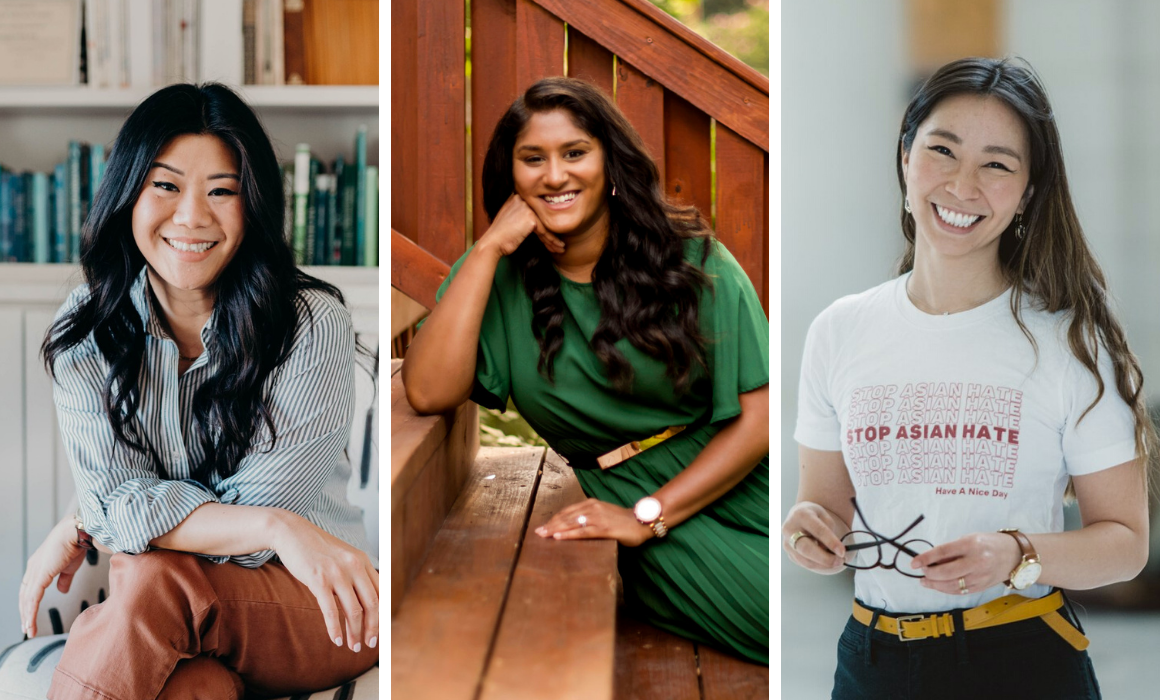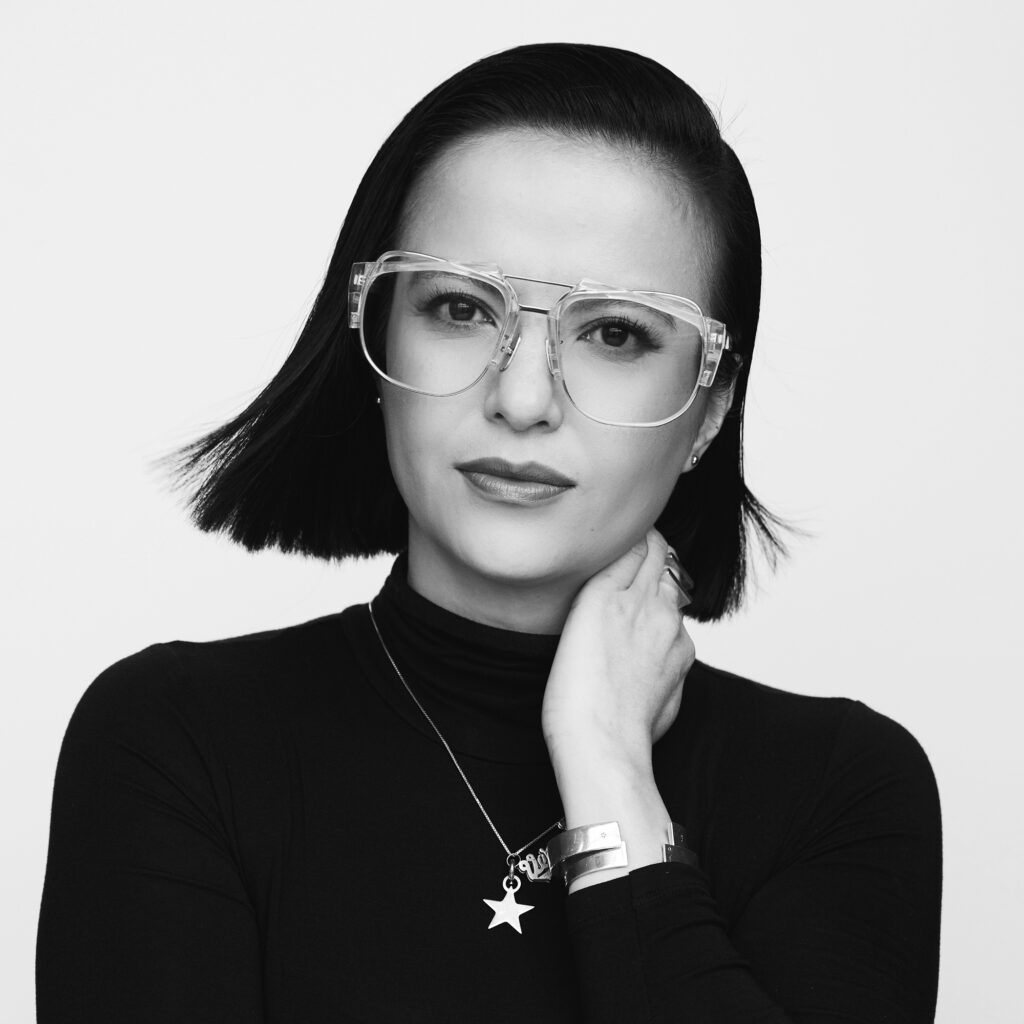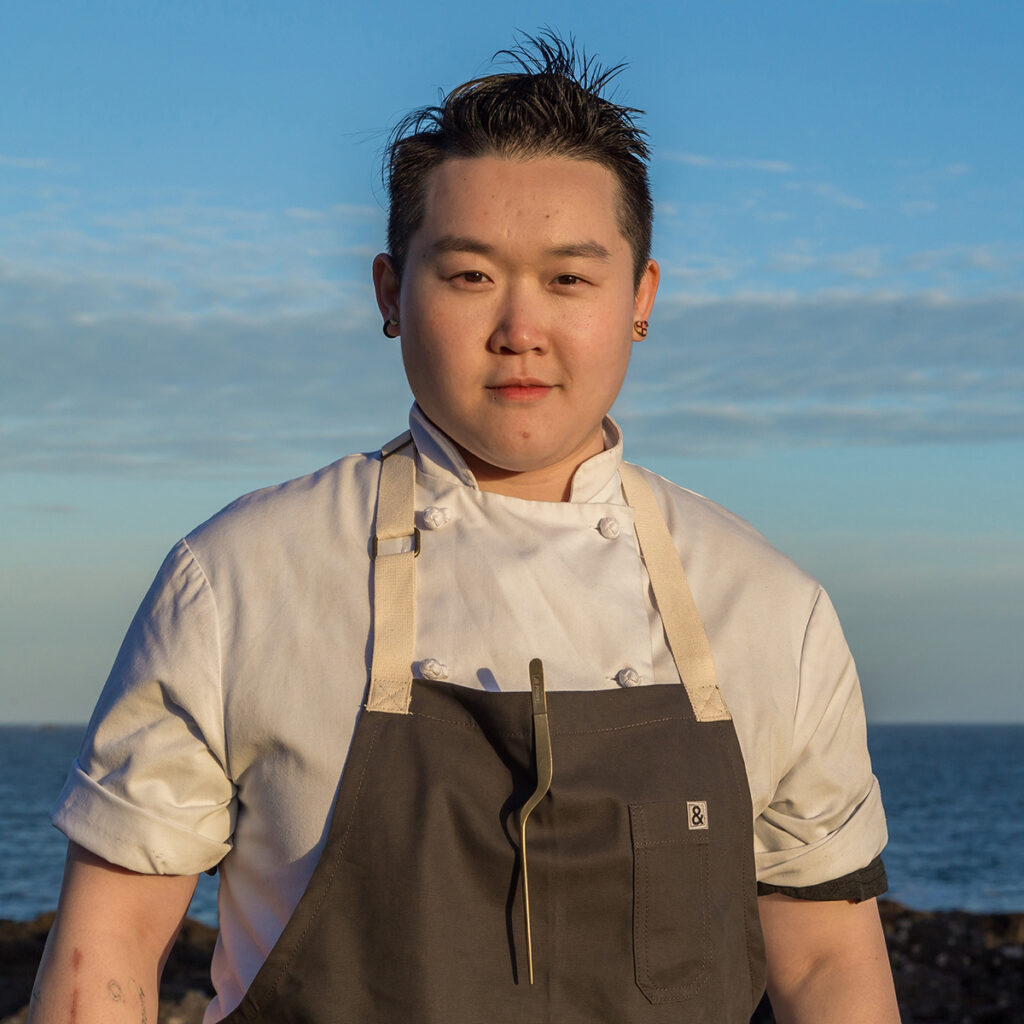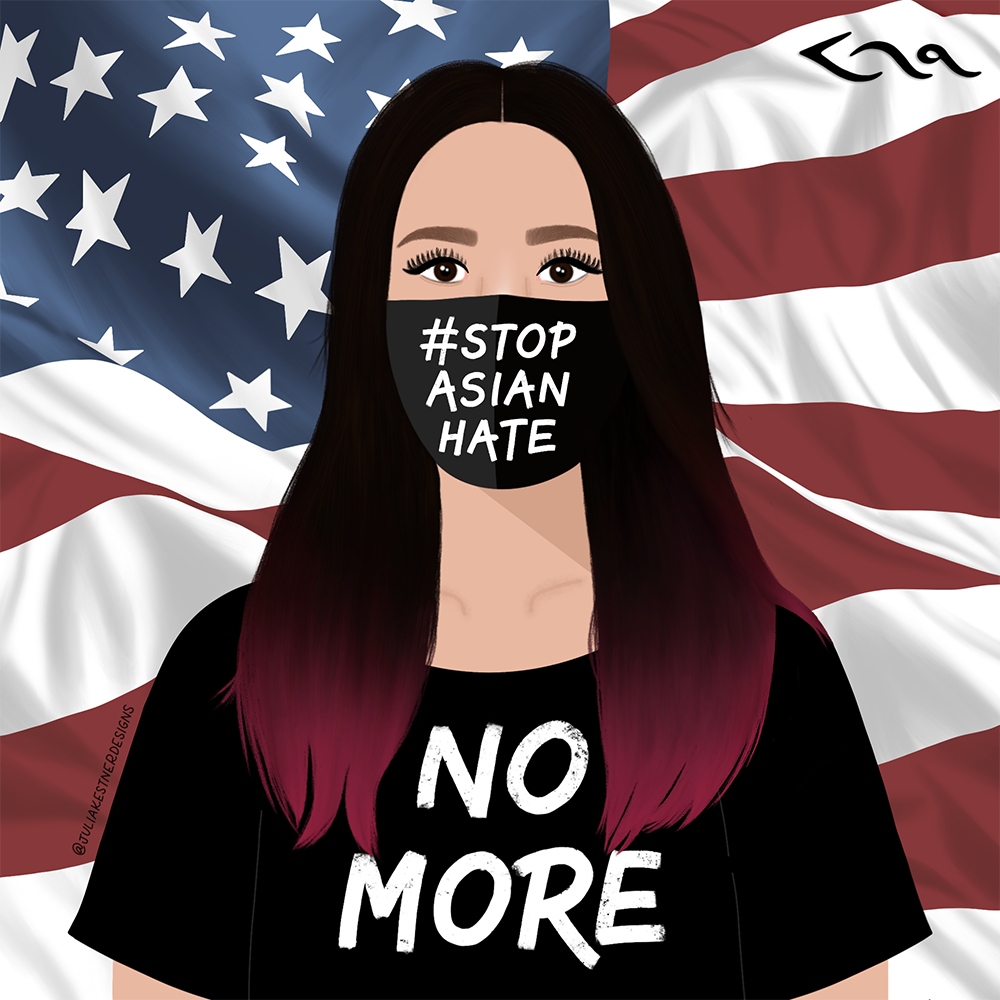Dr. Monica Band, an Asian American clinical psychologist based in Washington D.C., was emotionally moved when one of her clients asked her a simple question in the days following the Atlanta spa shooting on March 16, 2021: “How are you doing?”
“It was so powerful,” says Dr. Band of the palpable moment when her client dropped the veil between client and therapist. “This was probably one of the only sessions I teared up, not out of a reaction … but provoked by a client.”
While a therapist’s role is to work with clients to overcome obstacles, heal from challenges, and reach a deeper awareness of their conscious behaviour, we often forget they are also humans who need their own healing. Aside from occasions like Dr. Band’s, clients rarely ask therapists about their mental state.
“It is never our client’s responsibility to carry our burden and pain,” says Angela Wu, also known as The Sassy Asian Therapist.
The Asian community, including Asian therapists, has experienced heightened adversity amidst the pandemic. Media headlines echoed anti-Asian hate, crippling the mental health of Asian individuals with each broadcast. Asian women were especially vilified based on gender and race. The need for therapists, particularly Asian female therapists in North America, has been greater than ever, particularly to cope with challenges like racism and anti-Asian hate.
But how are these Asian female therapists coping with the pain and trauma that has amassed over the past few years?
Below, three Asian female therapists share their experiences over the past two and a half years.
Being the ‘only’
Dr. Anjali Ferguson is a culturally-responsive clinical psychologist based in Richmond, Virginia, who became a mom just before the pandemic. Her son identifies as Black and South Asian, and she felt a loss of control when trying to keep him safe amidst increased public racism against the Black and Asian community.
“[I realized] there was little I could do to keep him safe once he entered the world,” Dr. Ferguson says, who primarily works with underrepresented groups.
Like Dr. Ferguson, Wu also works with clients that belong to marginalized communities and noticed that she was the only Asian person working in the department of mental health for low-income families. In addition, Wu educated people on the anti-Asian hate crimes because many were unaware of the hate against the Asian community.
Anti-Asian racism was present long before the first case of COVID-19. Unfortunately, like the agency that Wu worked in, many people are unaware of anti-Asian racism because the Asian community is considered a model minority that does not speak up to hold peace. The ramifications of this ignorance are complex for Asian women, resultantly primed to be demure, covering their true feelings like the N95 masks cover our faces today.
“Anger is a natural reaction to injustice.”
For most of her life, Dr. Band felt pushed and pulled around expressing her true feelings. But, over time, she learned to feel more comfortable with her anger, an emotion she says is suppressed by many Asian women. “Anger is a natural reaction to injustice.”
Dr. Ferguson validates Dr. Band’s experience by highlighting the connection of gaslighting to racial microaggressions by making someone believe that there is something wrong with them for being impacted by current events. “You don’t have to push those feelings down,” Dr. Ferguson shares. Headlines can keep us in bed, and Dr. Ferguson paces herself with the news to provide herself with the same self-compassion she encourages in her clients.
Wu extends gentleness to herself by bringing a courageous and vulnerable presence to her Instagram account. Online, she lays down the curtain of clinical professionalism that she says hangs between therapists and clients.
In doing so, Wu feels more at home with herself while concurrently unlearning unhealthy patterns that perpetuate perfectionism and high achievement in Asian cultures. A large part of this unlearning is seeking help, an arduous task for Asian individuals due to the stigmatization of mental health in Asian communities.
Fighting the mental health stigma
All three therapists harmoniously agree on the importance of empathy and community in the face of racism, finding community through their own therapists and close connections with relatable lived experiences. The stigmatization of speaking up can provoke silence in the Asian community, so the community appears invisible or exist solely within their family homes. Unfortunately, Asian individuals usually feel the first strike of stigmatization when seeking mental health support from their parents. Wu says many immigrant parents are unable to understand the importance of raising their children with emotional competence because immigrant parents have lived in survival mode for so long.
“They only have their basic needs met, so they can’t access their emotional needs,” says Wu. “Our Asian parents gave us our basic needs so we can honour them by accessing our emotional needs.” Wu further explains.
Advocacy work, seeking mental health support, finding community, and extending empathy are not concepts often taught to Asian children. So the lessons that these Asian female therapists learned are integral to their healing while also helping them continue to heal others.
The context in which Asian parents teach their children about filial piety has changed. Honouring ourselves and others in our community also honours our Asian ancestors who experienced racism and survived in hopes of keeping the peace for us. Now we can uphold their plight for harmony by creating space for peace by humanizing our experiences, and this can be as simple as asking each other, “How are you doing?”
Like this post? Follow The RepresentASIAN Project on Instagram, TikTok and YouTube to keep updated on the latest content.











